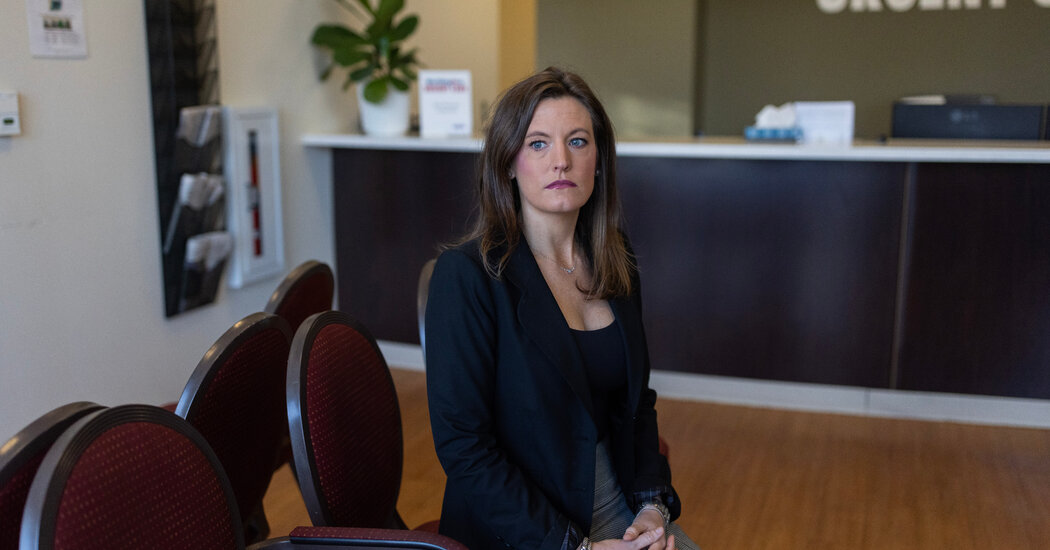The hacking shut down the nation’s biggest health care payment system, causing financial chaos that affected a broad spectrum ranging from large hospitals to single-doctor practices.
An urgent care chain in Ohio may be forced to stop paying rent and other bills to cover salaries. In Florida, a cancer center is racing to find money for chemotherapy drugs to avoid delaying critical treatments for its patients. And in Pennsylvania, a primary care doctor is slashing expenses and pooling all of her cash — including her personal bank stash — in the hopes of staying afloat for the next two months.
Listen to this article with reporter commentary
These are just a few examples of the severe cash squeeze facing medical care providers — from large hospital networks to the smallest of clinics — in the aftermath of a cyberattack two weeks ago that paralyzed the largest U.S. billing and payment system in the country. The attack forced the shutdown of parts of the electronic system operated by Change Healthcare, a sizable unit of UnitedHealth Group, leaving hundreds, if not thousands, of providers without the ability to obtain insurance approval for services ranging from a drug prescription to a mastectomy — or to be paid for those services.
In recent days, the chaotic nature of this sprawling breakdown in daily, often invisible transactions led top lawmakers, powerful hospital industry executives and patient groups to pressure the U.S. government for relief. On Tuesday, the Health and Human Services Department announced that it would take steps to try to alleviate the financial pressures on some of those affected: Hospitals and doctors who receive Medicare reimbursements would mainly benefit from the new measures.
U.S. health officials said they would allow providers to apply to Medicare for accelerated payments, similar to the advanced funding made available during the pandemic, to tide them over. They also urged health insurers to waive or relax the much-criticized rules imposing prior authorization that have become impediments to receiving care. And they recommended that insurers offering private Medicare plans also supply advanced funding.
H.H.S. said it was trying to coordinate efforts to avoid disruptions, but it remained unclear whether these initial government efforts would bridge the gaps left by the still-offline mega-operations of Change Healthcare, which acts as a digital clearinghouse linking doctors, hospitals and pharmacies to insurers. It handles as many as one of every three patient records in the country.
